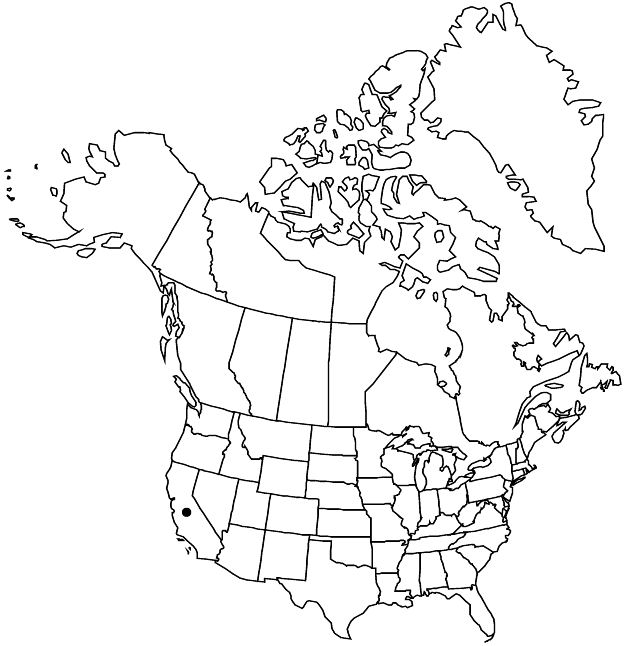Difference between revisions of "Gossypium armourianum"
J. Wash. Acad. Sci. 23: 558. 1933.
FNA>Volume Importer |
FNA>Volume Importer |
||
| Line 37: | Line 37: | ||
-->{{#Taxon: | -->{{#Taxon: | ||
name=Gossypium armourianum | name=Gossypium armourianum | ||
| − | |||
|authority=Kearney | |authority=Kearney | ||
|rank=species | |rank=species | ||
| Line 53: | Line 52: | ||
|publication year=1933 | |publication year=1933 | ||
|special status=Introduced | |special status=Introduced | ||
| − | |source xml=https://jpend@bitbucket.org/aafc-mbb/fna-data-curation.git/src/ | + | |source xml=https://jpend@bitbucket.org/aafc-mbb/fna-data-curation.git/src/f50eec43f223ca0e34566be0b046453a0960e173/coarse_grained_fna_xml/V6/V6_454.xml |
|subfamily=Malvaceae subfam. Malvoideae | |subfamily=Malvaceae subfam. Malvoideae | ||
|genus=Gossypium | |genus=Gossypium | ||
Revision as of 22:05, 16 December 2019
Plants 1 m, compact. Stems terete, glabrate. Leaves: stipules subulate, 1–3 mm; petiole terete, 1/2 to as long as blade; blade unlobed, ovate, 1.5–3 cm, coriaceous, base cordate, apex acute or subacuminate, surfaces glabrate. Inflorescences solitary flowers. Pedicels 2–6.5 cm, with 3 prominent nectaries apically; involucellar bractlets deciduous before anthesis, ligulate, 0.5–1 cm, margins entire. Flowers: calyx 5–7 mm, apex subtruncate or 5-toothed; petals yellow with red spot at base, 2.5–4.5 cm; staminal column 12–14 mm, glabrous; style somewhat shorter than petals; stigmas 3–5. Capsules 3- or 4-locular, subglobose or ovoid, 1.5 cm, with sunken glands, externally glabrous, internally ciliate. Seeds 8 mm, strigose, with tightly appressed brownish hairs. 2n = 26.
Phenology: Flowering spring–summer.
Habitat: Open, arid habitats
Elevation: 100–200 m
Distribution

Calif., Mexico (Baja California).
Discussion
Gossypium armourianum is native in restricted areas in Baja California, but naturalized near Palm Springs from an introduction in the 1930s.
Selected References
None.